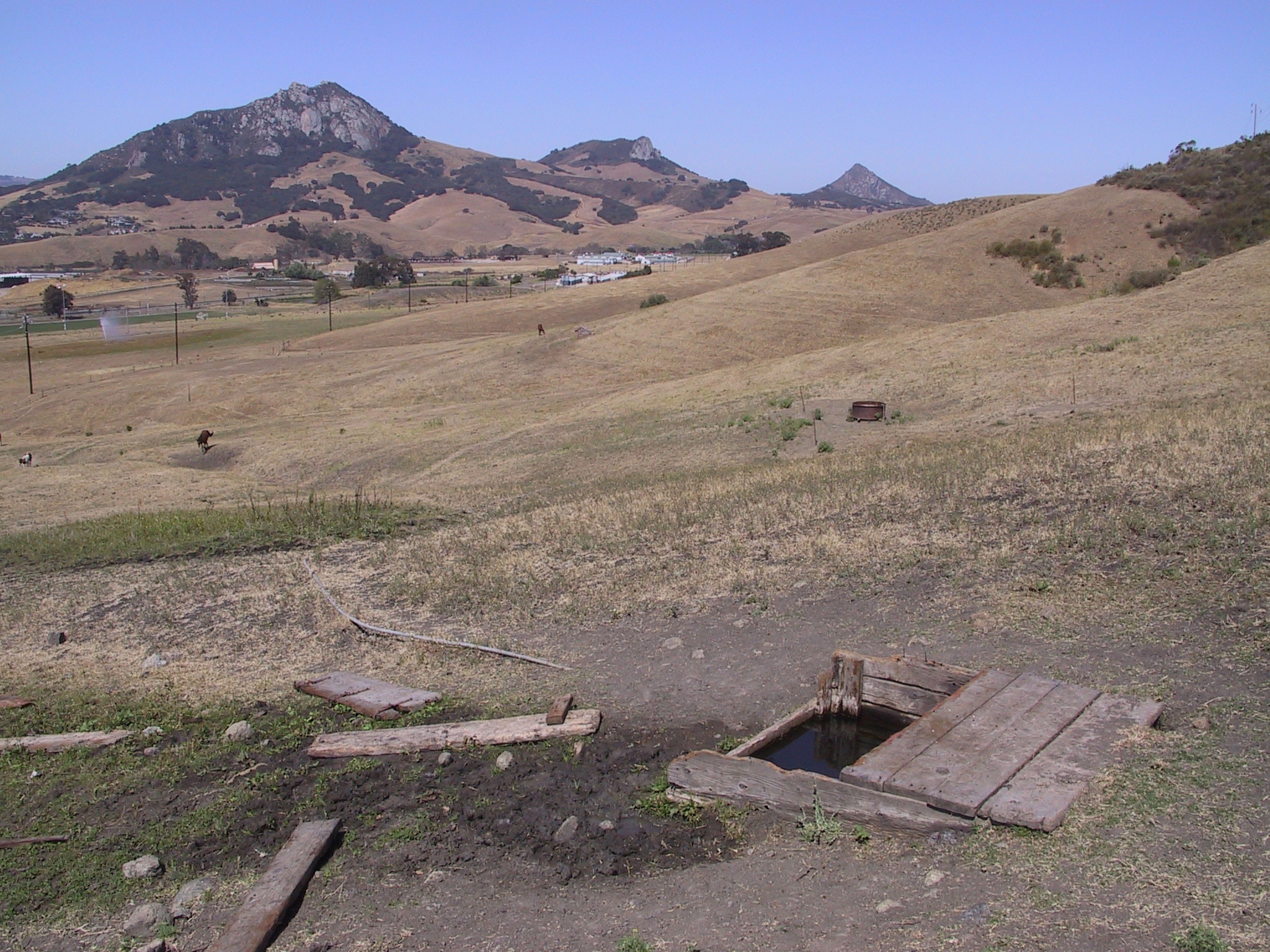|
The
definition of a water quality standard is a law
or regulation that: 1) identifies the beneficial
designated use or uses of a water body or its segment
and 2) the water quality criteria necessary to protect
the use(s) of that water body. The standards must
also contain an antidegradation policy.
The
Clean Water Act's Section 303 requires state to
establish water qualify standards, and Section 304
directs the Environmental Protection Agency (EPA)
to provide criteria to California to help establish
its water quality standards. California must review
its water quality standards every (3) years, and
these standards must be approved by the EPA.
Designated
Beneficial Uses and Impairments
Protecting
a beneficial use is the basis for water quality
standards, and standards can be different for different
uses. Beneficial uses of water most likely to be
impaired by livestock at this site are:
· Domestic water supply
· Cold water fisheries
· Spawning habitat of anadromous fish
The following water quality elements are the most
sensitive to livestock grazing:
· Sediment
· Nutrients
· Temperature
· Dissolved Oxygen
· Streambank stability
· Riparian Habitat
Below,
this spring box is in poor condition and needs replacing.

Restoration
plans
Livestock management
practices
Home
|